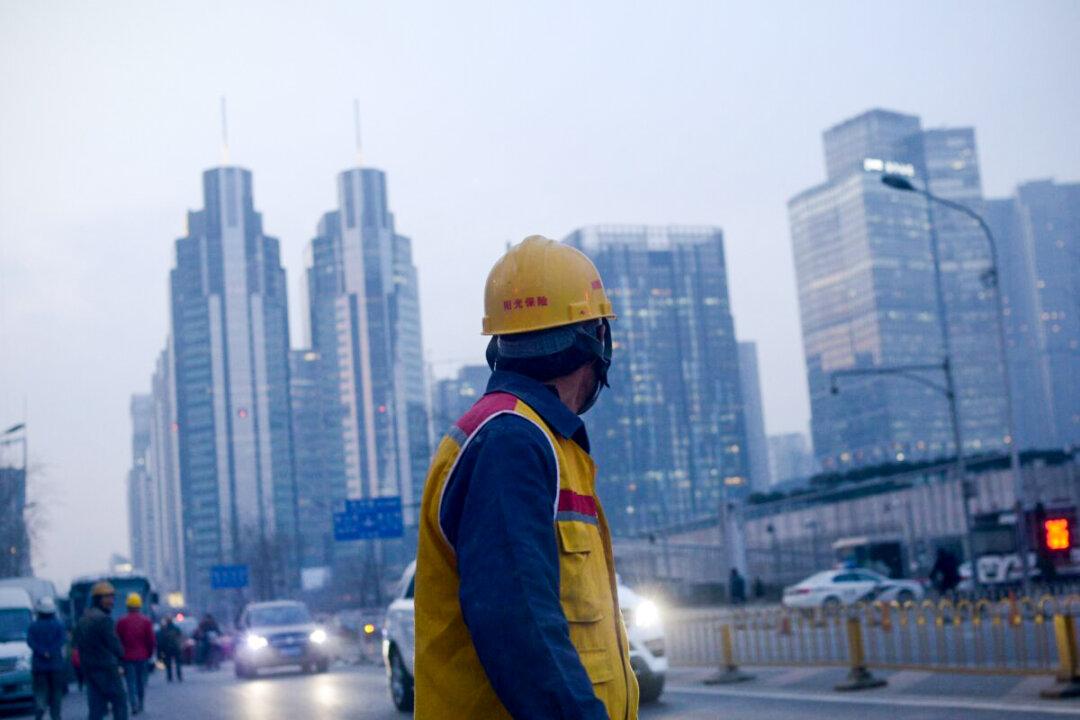Commentary
The widespread observation that China’s economic growth has slowed markedly and faces a long period of stagnation has attracted global attention in recent weeks.

The widespread observation that China’s economic growth has slowed markedly and faces a long period of stagnation has attracted global attention in recent weeks.